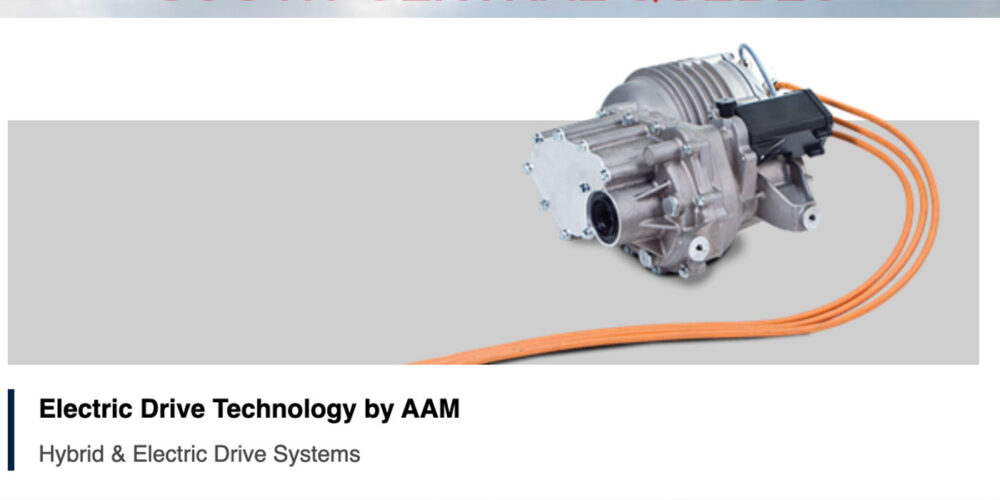STANFORD, CA — With product life cycles becoming ever shorter, today’s key to market success is speed — continuously creating new items or ever more novel iterations of old ones. Nissan, for instance, has succeeded in a tough automotive market by focusing on frequently designing new models. Logitech has produced a string of ever-changing mice and keyboards in the computer industry.
This emphasis on rapid change means that finding ways to motivate product development managers has become critical to business success. In researching the question, Antonio Davila, assistant professor of accounting at Stanford Graduate School of Business, has found that salary bonuses hovering in the 30 percent range tend to work — but if the stakes are high in a difficult technical market, a smaller bonus might get better results.
“Traditionally, there have been two ways of looking at the issue,” said Davila. “The more psychological school asserts that if you give financial incentives to people working in creative areas, they’ll focus on simply meeting the requirements necessary to obtain bonuses – such as making deadlines — rather than on creating truly innovative products. The economic school, in contrast, argues that if you don’t offer incentives, people are not going to be inspired to be creative at all.”
Until now, little empirical research has been conducted to figure out which view might be correct. Davila’s study, “Short-Term Economic Incentives in New Product Development,” put some hard numbers to the debate. Looking at companies in the medical devices industry, he found that both schools are, in a sense, right. “Economic incentives do improve performance among new product development managers, but only up to a point,” he said. “If you make the financial incentive too large, managers concentrate on the goal rather than on creativity, and performance goes down. However, if you give them no financial incentives, their performance also deteriorates.”
He contacted supervisors and product development managers in the U.S. and Europe who were working on 56 products ranging from syringes to pacemakers to X-ray and MRI machines. Through questionnaires and interviews, Davila gathered data on salary bonuses and evaluated new project managers’ performance on 10 measurements. These included whether they met product specifications, deadlines and budget goals, as well as the degree to which they fulfilled customer needs, created a business success and captured a new market.
Davila made the important discovery that the optimal bonus for maximizing managerial performance averaged at about 30 percent of a person’s annual salary. That number, however, was influenced by factors such as the complexity of the technology involved in the new product, the duration of the project and whether the product was completely new or merely a refinement of a previous version.
The study found that if a product is complex and involves a good deal of technological and market uncertainty, the optimal bonus for inspiring performance is less than 30 percent. “Instead of paying the manager a base of 70 percent of his salary, with the other 30 percent forthcoming only if he meets the project goals,” Davila explains, “the company might offer to pay a base of 90 percent and the other 10 percent upon goal attainment.”
The lower bonus in such cases involving risk provides new product managers with just enough incentive to inspire them in creative work, but not enough to tempt them to ignore innovation or quality considerations in their desperation to secure more money.
On the other hand, says Davila, if the project is relatively easy — requiring, for instance, just minor changes to an older product — then the optimal bonus can be even higher than 30 percent, and might be linked to performance factors such as achieving rapid time to market or producing a product with exceptional functionality. “You don’t want to make the mistake of offering too little a bonus on any given project, because then people won’t put effort into their work,” he said.
“The basic message of my study,” Davila concluded, “is that economic incentives do indeed provide a creative spur for new product development. Companies don’t have to ignore such incentives, but they don’t have to abuse them either.”
_______________________________________
Click here to view the rest of today’s headlines.













